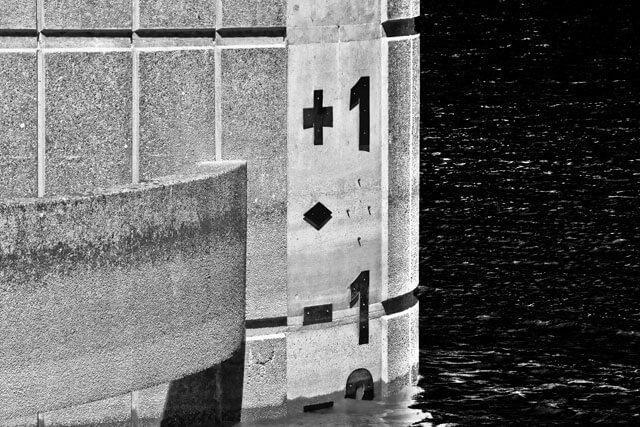When deciding what, if any, financial orders to make on divorce the court is required to consider a checklist of factors. One of those factors is the contributions which each of the parties has made to the marriage.
Contributions can be financial, or they can be non-financial, such as looking after the home, or caring for the family. They can be both past contributions and future contributions.
In appropriate cases contributions can have a significant bearing upon the outcome of the case, where it would be unfair to disregard the fact that one party had made a much greater contribution than the other. This is most likely in high-money cases, as in low money cases the assets are usually required to pay for the financial needs of the parties, irrespective of who contributed what.
Contributions were a major factor in a recent Court of Appeal case. The case made the national news, as it involved a well-known BBC executive. She argued that she should have a greater share of the matrimonial assets, not just because of her substantial financial contribution towards the marriage, but also because, she claimed, her husband had made a negative financial contribution.
The case concerned her appeal against a financial award, which had already been amended in her favour following an earlier appeal.
Briefly, the circumstances of the case were that the parties were married in 1993 and have two children, twins, born in 2011. The husband is now aged 69 and the wife 57. The parties separated in 2012/2013 when the husband left the former matrimonial home. The husband has not sought to have any real contact with the children since the separation.
The wife has, for many years, worked for the BBC, and the husband has not worked for some time. The wife was earning a substantial sum, had some savings and a BBC pension worth some £2 million.
The husband, on the other hand, had a very small pension, and significant debts.
The parties also jointly owned a number of properties, with a net value of just over £2 million.
The wife argued that the husband’s contribution was “significantly negative”, and that the imbalance between the respective contributions of herself and the husband justified a significant departure from an equal division of assets. The court did not agree that the husband’s contribution was negative, but did find that it was “modest”. The wife was therefore awarded 63.5% of the non-pension assets. The pensions were shared equally.
The wife appealed. Her appeal was allowed, and her share of the assets was raised to 73%, and the husband’s share of the pensions was lowered to 34%.
The wife did not think that this went far enough and appealed again, to the Court of Appeal.
The Court of Appeal dismissed the appeal. It found, amongst other things, that the “negative contributions” argument was not actually about contributions at all, but rather about the husband’s conduct – contributions are positive, not negative. Here, the husband’s conduct was not sufficiently bad as to affect the financial settlement.
* * *
Family Law Cafe provides a genuinely tailored technology-based service, allowing customers to be as involved or as removed as they wish, and to benefit from as much or as little support as they require.
Image: Public Domain, via Piqsels

